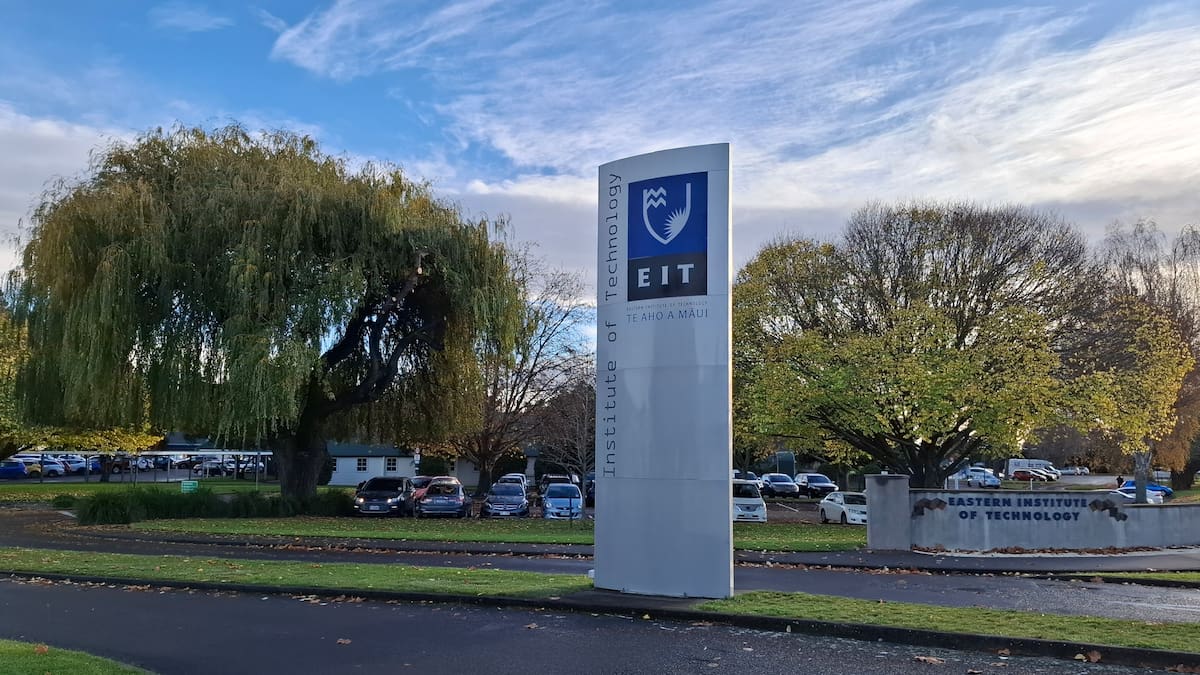EIT Announces Job Cuts: 70 Positions Impacted Amid Merger Challenges

Hawke's Bay's EIT Faces Workforce Reduction Following Difficult Merger Process
Eastern Institute of Technology (EIT), a leading tertiary provider for the Hawke's Bay and Tairāwhiti regions, has announced plans for job cuts impacting approximately 70 positions. The announcement, delivered to staff yesterday, has been described as “unexpected” by a union representative, coming after a particularly challenging period for the institution.
The Context: A Gruelling Few Years and the Te Pūkenga Merger
The current situation stems from the fallout of the failed Te Pūkenga merger, a national initiative aimed at consolidating vocational education providers. This merger process proved to be intensely difficult for EIT staff, placing significant strain and uncertainty on the workforce. The union representative emphasized that the announcement followed a “gruelling” few years, highlighting the emotional and professional toll the merger attempts have taken.
Impact on EIT and the Region
EIT’s main campus is located in Napier, and the institute plays a crucial role in providing tertiary education and training to the Hawke's Bay and Tairāwhiti regions. These job cuts raise concerns about the potential impact on the quality of education and training offered, as well as the broader economic consequences for the local community. The loss of 70 jobs will undoubtedly affect families and individuals within the region.
What Happens Next?
Details regarding the specific roles affected and the timeline for the job cuts are still emerging. EIT management has yet to release a comprehensive statement outlining the reasons behind the decision and the measures being taken to support affected employees. The union is expected to engage in discussions with EIT to mitigate the impact of the cuts and ensure fair treatment for staff.
Looking Ahead
The situation at EIT underscores the complexities and challenges inherent in large-scale educational reforms. The failed Te Pūkenga merger serves as a cautionary tale, highlighting the importance of careful planning, consultation, and consideration of the human impact of such initiatives. The focus now shifts to supporting the affected employees and ensuring the continued provision of quality education and training for the Hawke’s Bay and Tairāwhiti communities.






